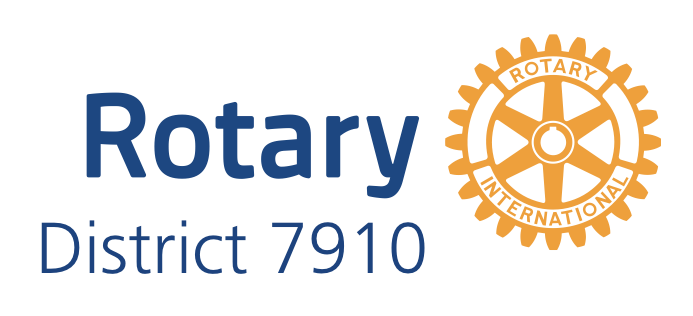The Rotary Club of Langhorne, Pennsylvania meets for lunch at a restaurant in a historic mansion, but at times attendance was at risk of falling below the minimum 20 meals required by the venue. “We were losing members because they couldn’t make meetings,” recalls Club Membership Chair at the time, Bill Kaufmann.
Board discussions yielded ideas but no firm solutions. Then one member started sending his office manager to meetings in his place. “That was my ‘aha’ moment,” says Kaufmann, now Club President. The Club then decided to let members designate a business associate or family member to attend meetings and participate in projects in their stead – or alongside them.
The Club now recognizes the stand-ins, named “Clones”, who must have a family or business relationship with the primary member and pay $25 in annual dues to the club to cover the cost of name tags and
mailings. The program was implemented at minimal cost and with little formality. Kaufmann calls the concept “a hybrid of corporate and family memberships” and says much of the novelty is in the “Clone” nomenclature.
The club’s first official Clone, Jaki Mason, was recognized in February 2018. She fills in for her employer, Kevin Seifert, who operates a 50-person plumbing and heating services company. “I was always interested in the things Rotarians did,” she says. “They’re very warm and welcoming, and it’s a way for me to bring information back.” Seifert, who feared he might have to give up his membership because he was so busy, likes the arrangement. “It keeps me in the loop without having to be there every week,” he says.
Stephen Moyer, a Clone who is an associate of member Lori Hoppmann, appreciates the club’s “outside-the-box” thinking. “I’m really happy to play whatever role I can, clone or member or clone-to-member,” he says. “I think people who are clones will ultimately start to become full members as this program continues to evolve.”

